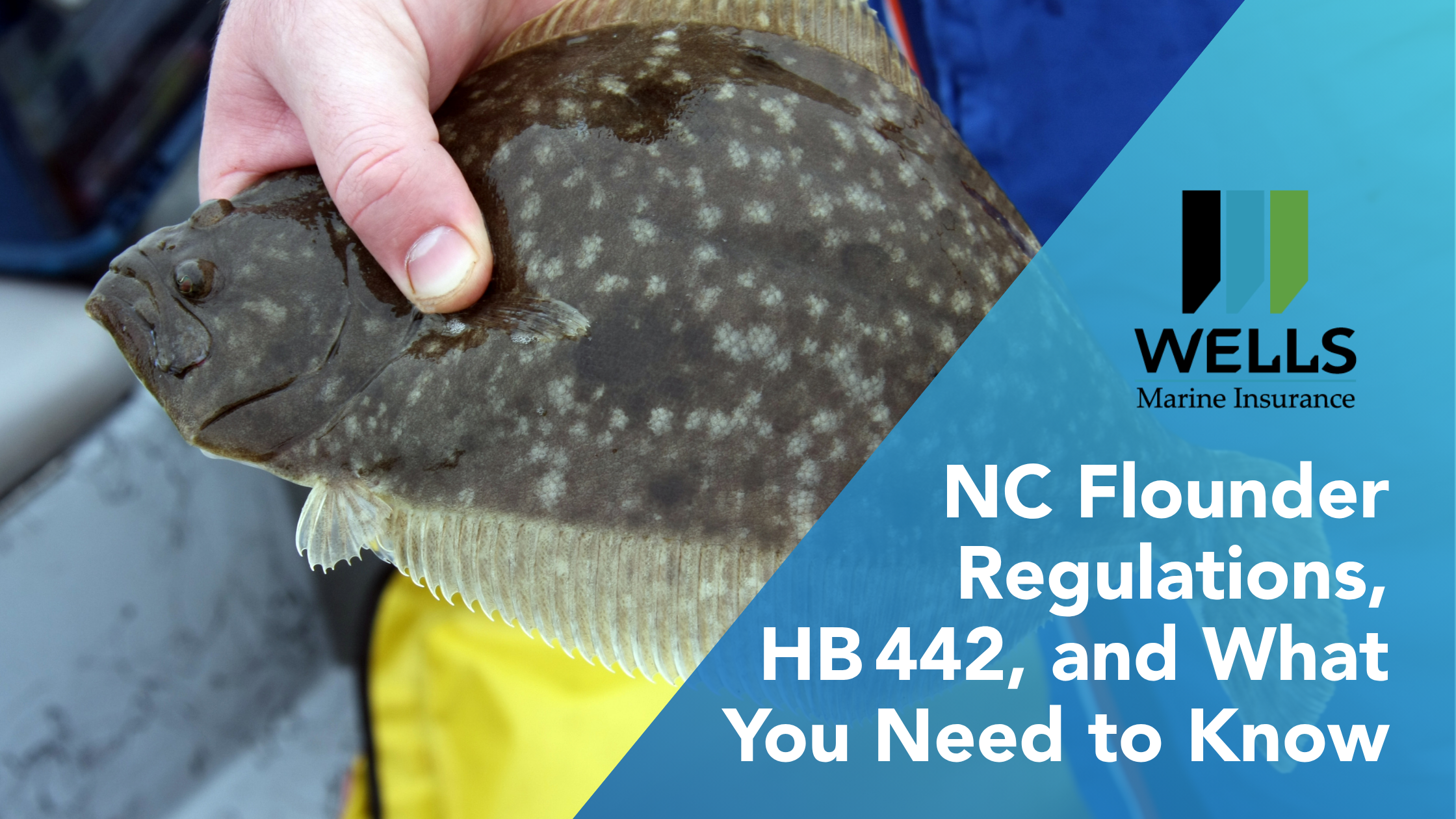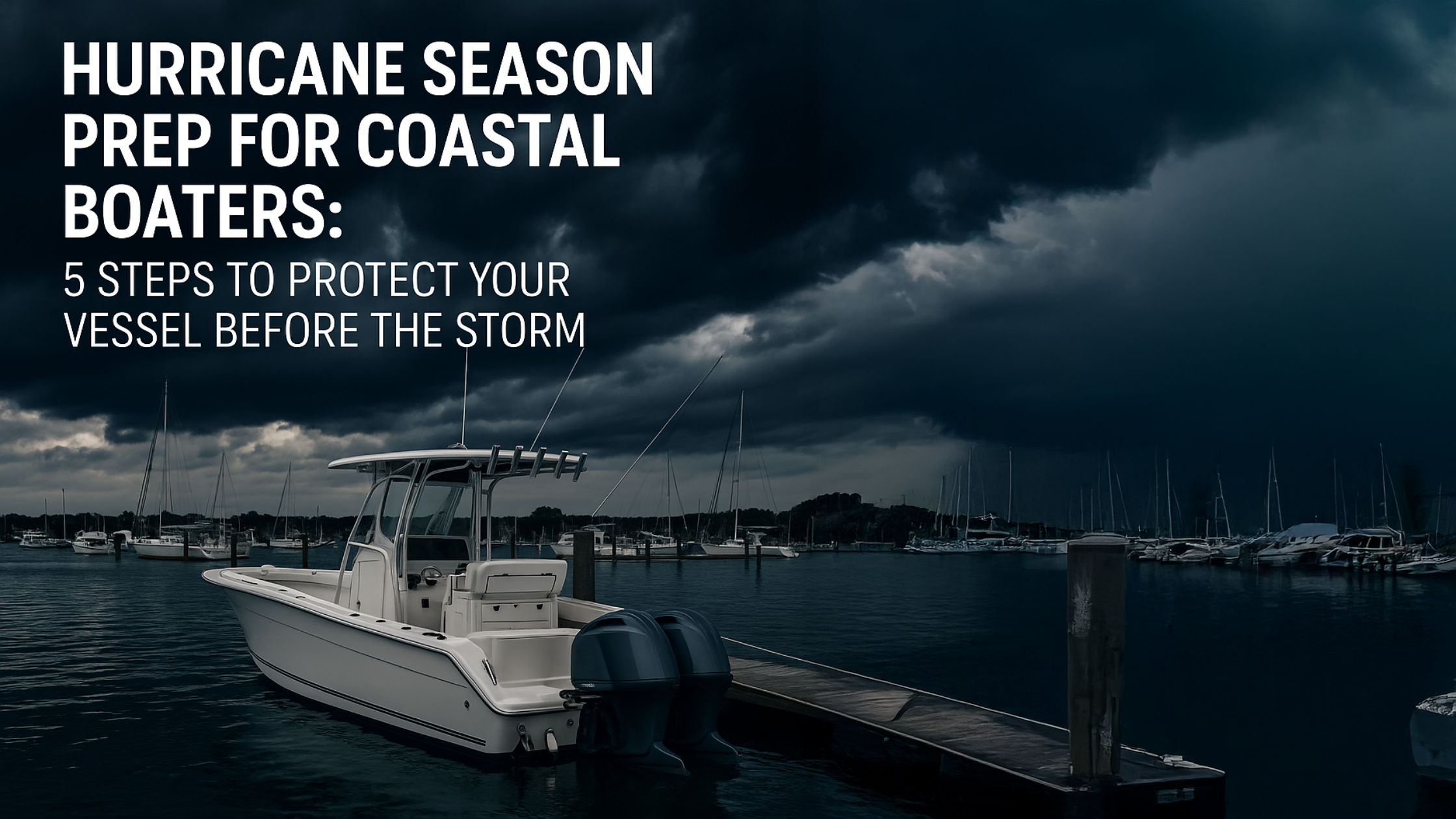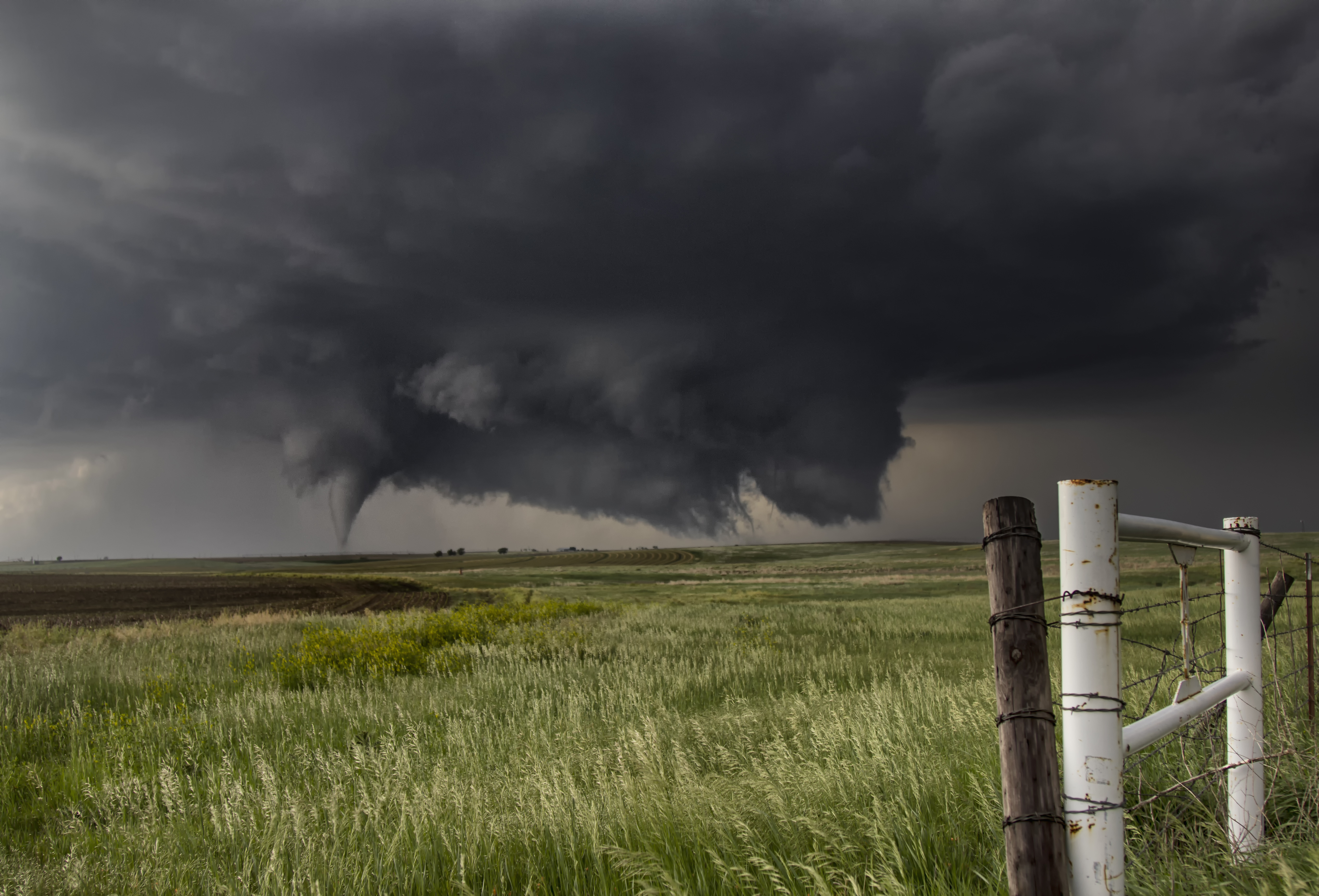North Carolina Flounder Regulations & HB 442: What You Need to Know

Earlier this year, North Carolina’s legislature passed House Bill 442 with bipartisan support in the House. The legislation aims to reopen and enhance recreational fishing access for southern flounder and red snapper through a four-year pilot program. It also includes a controversial amendment to ban inshore shrimp trawling, which has sparked sharp debate among coastal stakeholders.
What HB 442 Proposes
-
Recreational Flounder Access
Starting as soon as the bill becomes law, anglers will be authorized a minimum six-week flounder season each year (May 15–November 15), with a daily limit of one fish per person and no annual cap. -
Year-Round Red Snapper Season
The bill establishes an open season year-round for red snapper, capped at two fish per person per day, with a 20-inch minimum size requirement. -
Commercial Flounder Quota
A 750,000-pound annual cap is set for the commercial flounder fishery. Quota rollover provisions allow unused allocations to carry forward, while any overage is deducted from the next year’s share. -
Science & Reporting Mandates
By July 1, 2026, the Division of Marine Fisheries must complete a comprehensive stock assessment of southern flounder. Thereafter, annual reports on conservation progress and stock status are required until the program expires on August 1, 2029.
The Shrimp Trawling Controversy
In June, the Senate inserted a measure banning shrimp trawling within half a mile of the shore, aligning with existing regulations in Virginia and South Carolina.
-
Supporters point to studies indicating that for every pound of shrimp caught, four pounds of unintended bycatch are also hauled in, potentially affecting habitat and non-target species.
-
Opponents, including shrimpers and coastal officials, warn of the ban’s potential economic fallout. Shrimping accounts for roughly 75% of the state’s shrimp harvest, much of which occurs within inshore waters. They argue the ban could threaten livelihoods and local businesses.
Stakeholder Perspectives
-
Recreational anglers and tourism advocates have praised HB 442 for modernizing regulations and aligning with neighboring states, both of which have more generous flounder seasons—factors that may boost recreational fishing and local tourism.
-
Conservation voices support the shrimp ban and expanded seasons as tools for ecosystem health. They argue improved fishery outcomes would benefit the coastal economy overall .
-
Commercial industry representatives express concern over bypassing scientific-based management and possible socioeconomic disruption. Some believe the bill undermines the Fishery Management Plan framework.
What’s Next?
-
The measure now heads to the full Senate floor, where it’s expected to face further debate, particularly around the trawling amendment. Its passage would require another vote in the House.
-
If enacted, the Division of Marine Fisheries will need to revise state fishing regulations, issue new proclamations, and formalize the shrimp restrictions by December 1, 2025.
Why This Matters for Coastal Communities
-
Recreational fisheries stand to regain significant access—potentially boosting charter businesses, bait shops, and coastal tourism.
-
Commercial shrimpers fear the shrimp ban could destabilize small-boat operations tied to inshore waters.
-
Conservation efforts may benefit from reduced bycatch and habitat protection. However, critics argue that bypassing science-driven processes may set a problematic precedent.
Next Steps & What to Watch
-
Senate Review: HB 442 is currently under consideration by the Senate Agriculture, Energy & Environment Committee as of June 17, 2025
-
Rule Development: If enacted, The North Carolina Division of Marine Fisheries (DMF) regulations and proclamations must be updated to implement the new recreational season and commercial quota mechanisms.
-
Reporting Obligations: Anglers will need to stay informed about upcoming harvest reporting requirements for flounder and other species beginning December 1, 2025
| Event | Timeline |
|---|---|
| Senate Floor Vote | Expected late June 2025 |
| Shrimp Ban Effective | December 1, 2025 |
| Stock Assessment Deadline | By July 1, 2026 |
| Pilot Program Ends | August 1, 2029 |
What Coastal NC Businesses & Anglers Should Do
| Stakeholder | Recommended Action |
|---|---|
| Business Owners (charters, tackle shops) | Track HB 442 progress; educate customers on seasonal openings; plan inventory and staffing around changes. |
| Recreational Anglers | Stay updated via DMF proclamations; note 6-week open season and 1-fish/daily limit; prepare for year-end harvest reporting. |
| Commercial Operators | Track quota utilization; ensure compliance with trip limits and offloading reporting; monitor regulatory updates. |
| All Coastal Stakeholders | Support sustainable harvest through reporting and stock health participation; engage with lawmakers during Senate review. |
How Wells Insurance Can Help
Wells Insurance understands the risks coastal businesses face—from regulatory developments to weather impacts. We offer:
-
Specialized coverage for recreational fishing operators, charter services, and tackle retailers
-
Risk management insights aligning facilities, equipment, and operations with regulatory shifts
Need help navigating coverage changes or legislative impacts for your marine business? We're here to guide you. Contact our Coastal NC team at Wells Marine Insurance to review your policy, manage emerging liabilities, and plan ahead for upcoming seasons.


